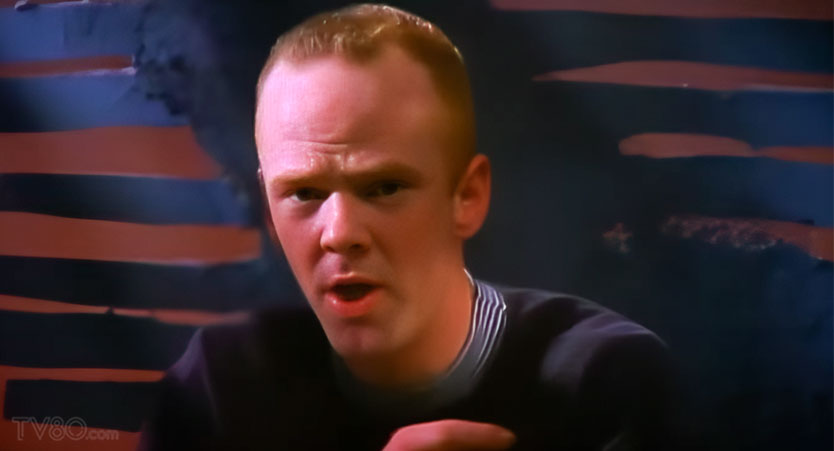“Tomorrow”: The Communards’ Bittersweet Anthem of Hope and Resilience
Released in August 1987, “Tomorrow” was the lead single from Red, the second and final studio album by The Communards—Jimmy Somerville and Richard Coles. Known for their fusion of synth-pop, disco, and political activism, the duo took a more introspective turn with this track. Written by Somerville and Coles and produced by Stephen Hague (Pet Shop Boys, New Order), “Tomorrow” showcased a polished, emotionally rich sound that stood apart from their earlier Hi-NRG hits.
A Sophisticated Arrangement
Musically, “Tomorrow” is built around a mid-tempo beat, layered synthesizers, and elegant orchestral flourishes. Hague’s production adds cinematic depth, allowing the song to build from quiet vulnerability to a soaring chorus. The arrangement balances electronic textures with classical elements, giving the track a sense of grandeur while staying emotionally grounded.
Somerville’s Voice and the Song’s Message
Jimmy Somerville’s falsetto is front and center—clear, expressive, and deeply affecting. Lyrically, the song speaks of emotional survival and personal liberation. Lines like “You may break the skin but you can’t kill the soul” and “I’m leaving tomorrow, my love for life is great” suggest a narrative of escape from abuse or oppression. While it reads as a breakup song on the surface, the lyrics carry the duo’s signature undercurrent of social commentary.
Chart Performance
“Tomorrow” spent seven weeks on the UK Singles Chart, peaking at number 23 in late September 1987. It also reached number 4 in Ireland and number 10 in Italy. Though not a blockbuster hit, it helped maintain momentum for Red, which was well received critically and commercially.
Legacy and Cultural Impact
“Tomorrow” remains a standout in The Communards’ catalog—a track that blends pop sophistication with emotional depth. It reflects the duo’s ability to fuse activism and artistry, offering a message of hope and strength that still resonates.

